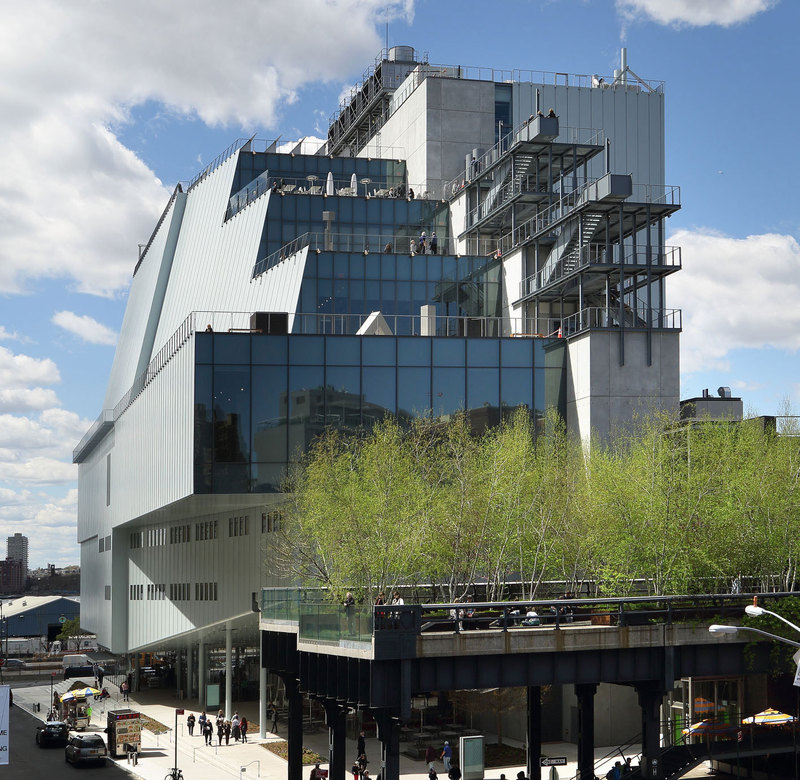
A painting that has inspired protests and calls for its removal from the Whitney Biennial, and even its destruction, has come off the wall for the time being—but not due to protests. Dana Schutz’s painting Open Casket (2016), which depicts the disfigured body of Emmett Till, a 14-year-old lynching victim, has been temporarily removed from its wall due to a water leak at the New York museum.
The removal was spotted by Hyperallergic, which posted an April 2nd Tweet showing signage at the Whitney warning visitors of a temporary gallery closure due to a “mechanical issue:”
The situation arose after a heavy rainstorm on Friday night, a representative of the museum confirmed to artnet News. No art was damaged, but works by Julien Nguyen and Maya Stovall were also removed. The Biennial is expected to be back up and running as normal on Wednesday when the museum reopens. (It is normally closed on Tuesdays.)
The freak event might appear as a gift from the gods to critics of Open Casket, who have gone so far as to circulate a fake letter pretending to be from Schutz, asking that her controversial painting be removed from the show, in an effort to embarrass the artist and museum.
Yet in the present case, the focus on the Schutz painting seems a distraction from the real story, which is that the new Whitney is leaking! A mere two years after the opening of the big museum’s state-of-the-art Renzo Piano building, artworks in its signature Biennial are being evacuated on account of bad weather. That seems like a big deal.
Bad weather is very much something that the Whitney should be designed to handle. The museum was under construction when Superstorm Sandy hit the city, resulting in its construction site taking on more than five million gallons of water in its basement. Sited directly across the West Side Highway from the Hudson River, the museum fortified its flood protections after being put on notice by the storm.
At the time of its opening, the Whitney’s waterproofing measures were said to be “a model for other US art museums asking the same questions.”